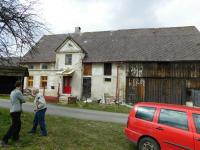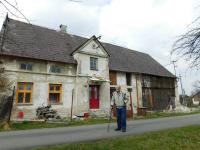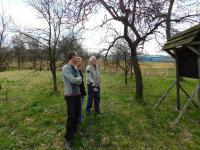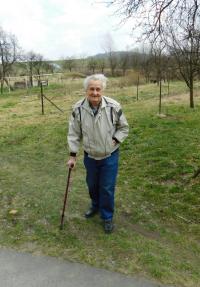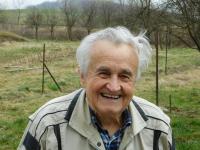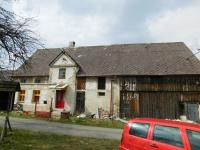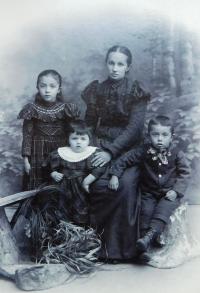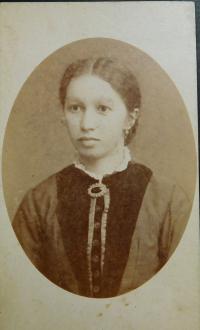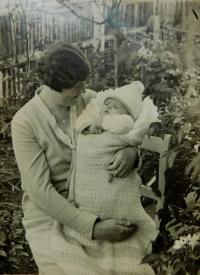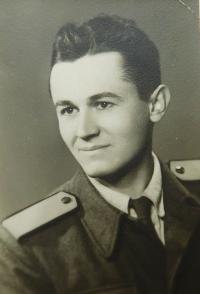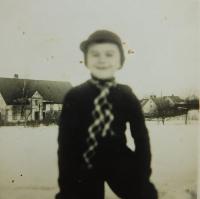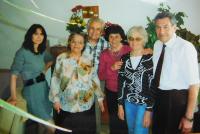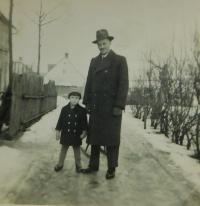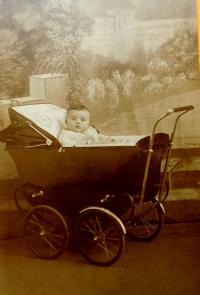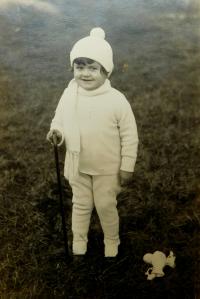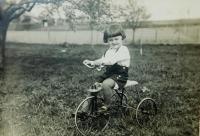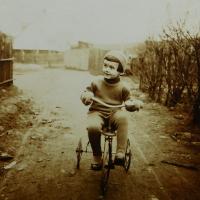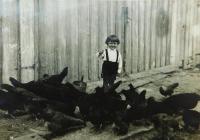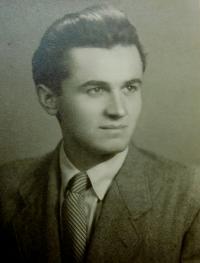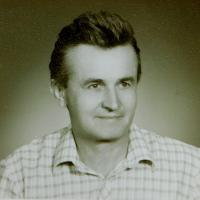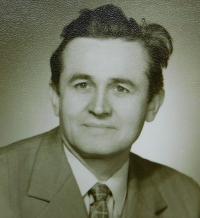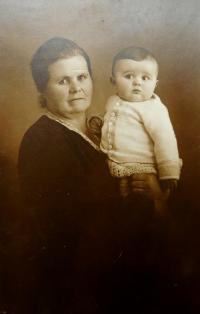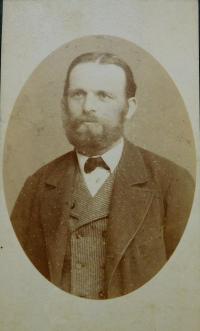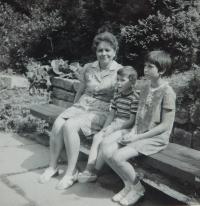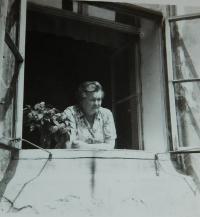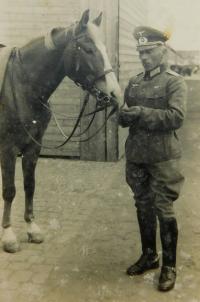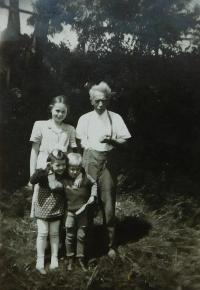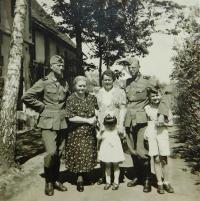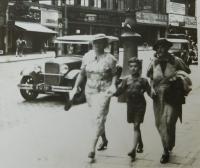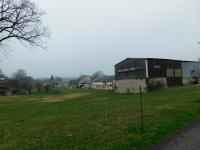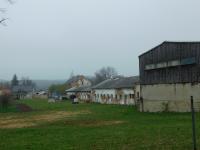They stayed due to a chicken hatchery
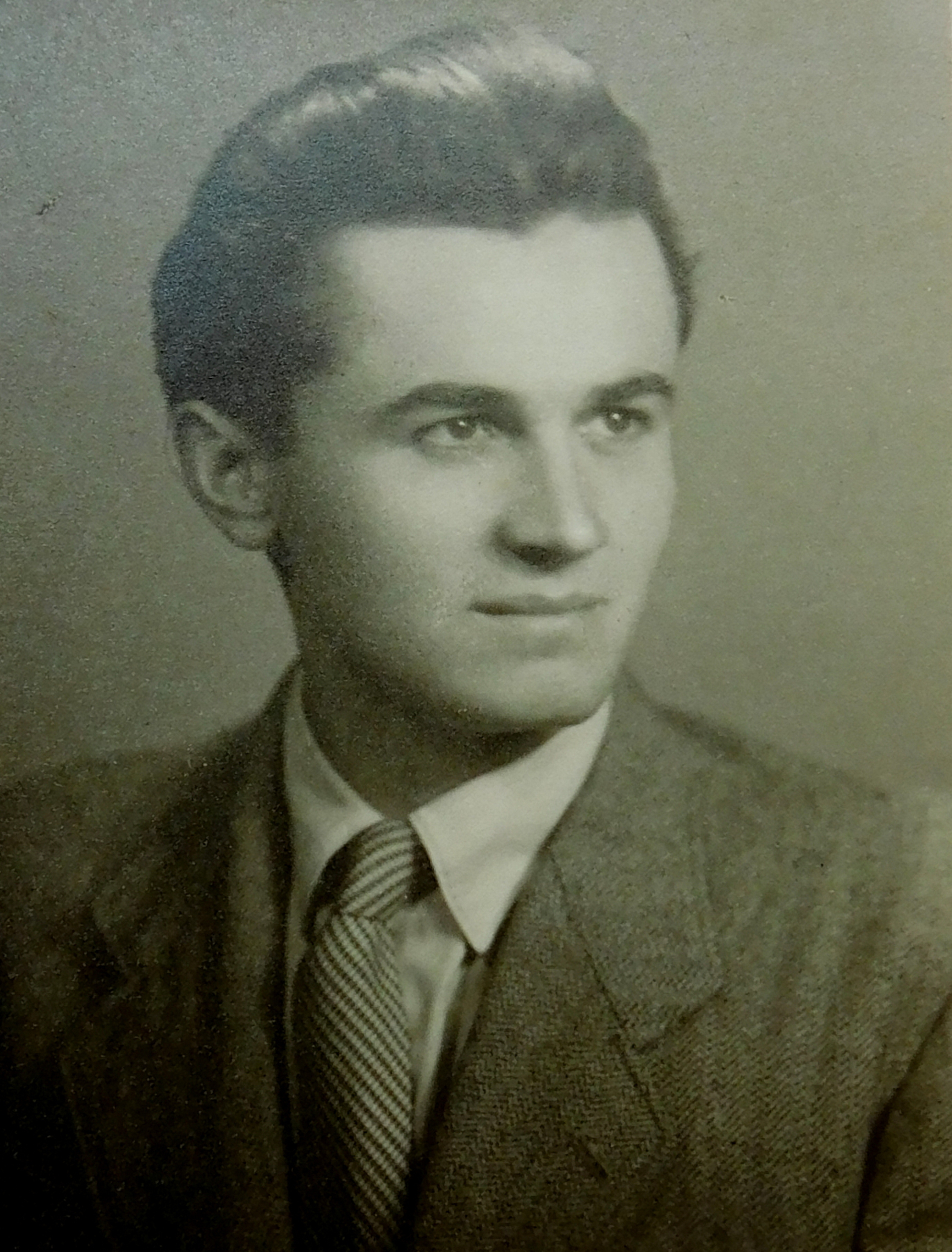
Download image
Bruno Ertelt was born on 28 March 1930 in Supíkovice (German Saubsdorf). The vast majority of the population of the village was of German nationality, just like his parents. At the time of the pre-Munich crisis the family fled across the border to Germany, where they stayed for several weeks. During the war, his father had to enlist in the Wehrmacht and then fought in France and Russia, where he participated in assault and retreat battles at Moscow. In autumn 1943 he was released from the army due to health reasons at the age of forty-eight and returned home. At the end of the war his father still commanded the local militia Volkssturm. In summer 1945 his father was arrested and placed in the Domasov’s intern camp, and then sent to work at the Jan Maria mine in Silesian Ostrava. In 1946 he was moved to a concentration camp in Muna Mikulovice, from where he was to be transported with his family to one of the occupation zones of Germany. But the father was pulled out of the collection camp by men in leather coats. Yet he was not arrested, on the contrary, he was requested as a specialist to run the hatchery in Lipová. Ertelt, as one of the few local Germans, remained in Czechoslovakia. In 2017 Bruno Ertelt lived with his wife in Česká Ves.
